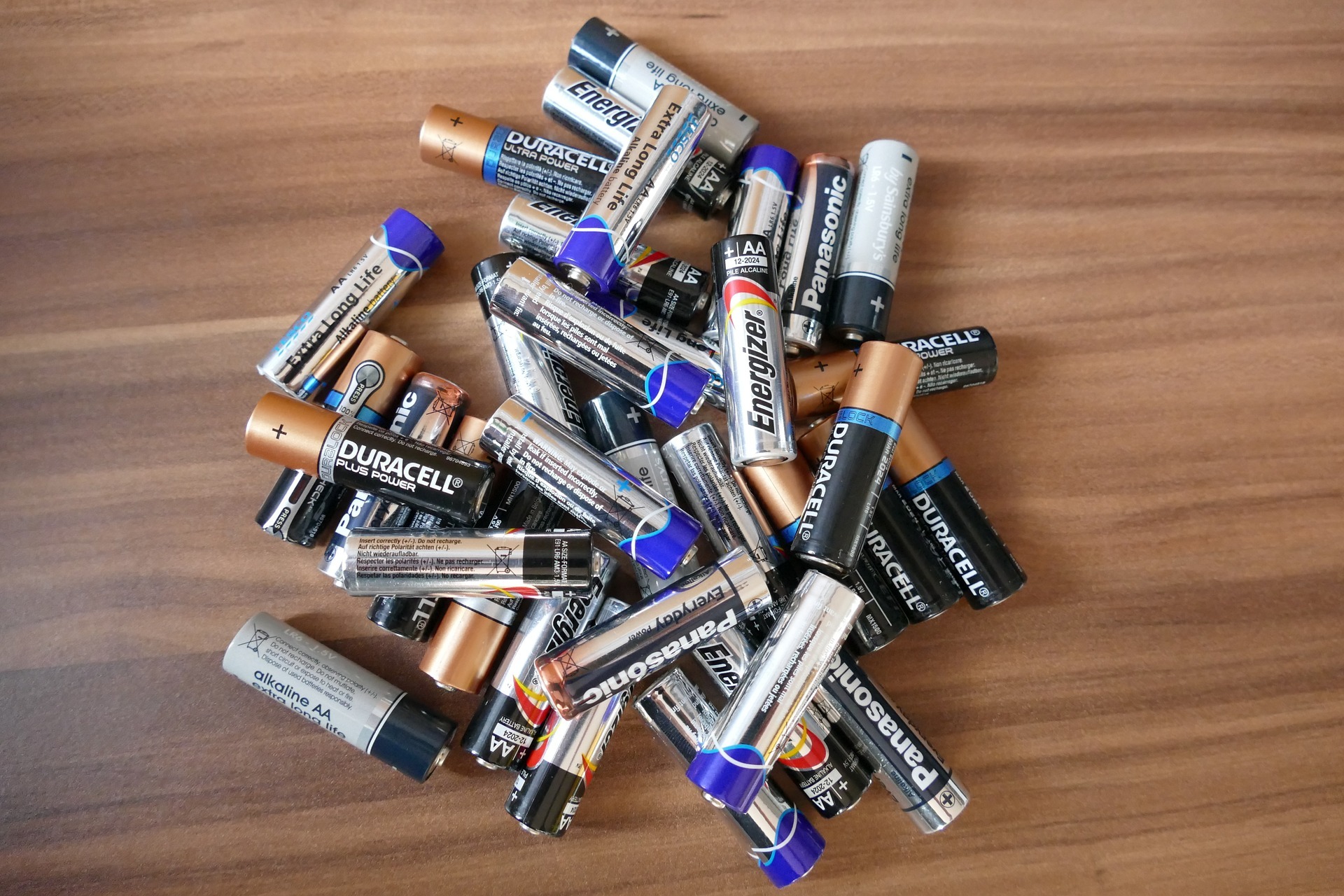Raw material from recycled lithium-ion batteries delivered to a customer for the first time
Last June, the Canadian company Li-Cycle proposed a new two-step process for recycling lithium-ion batteries that can recover 80%-100% of the materials they contain.
The Li-Cycle process in the first step involves “mechanical size reduction,” that is, shredding the batteries. This process does not require discharging the batteries, which reduces labor and operating costs. The second step in recycling is the process of hydrometallurgy, “wet chemistry.” Valuable components such as lithium carbonate, lithium, cobalt, copper, aluminum, graphite, iron, if we’re talking about iron-phosphate batteries, are extracted from the crushed metal.
The technology is environmentally sustainable – it produces no “solid waste stream,” provides minimal/zero water consumption, and is not associated with the emission of any harmful substances into the atmosphere.
In early January 2020, the company announced that it had made its first commercial shipment of recycled material to an unnamed customer.
“Energy Metals Concentrate was obtained from old lithium-ion batteries recycled at the Li-Cycle facility in Ontario, Canada. It contains key energy metals such as cobalt, nickel and lithium. The company says it is “one of the few in the world capable of extracting critical materials from lithium-ion batteries in a sustainable and safe manner.”
BloombergNEF predicts there will be 540 million electric cars in the global fleet by 2040. In addition, the volume of energy storage systems based on lithium-ion batteries is projected to grow at an extremely high rate. According to many experts, lithium-ion technology will dominate the market for a long time to come. Consequently, the volume of waste batteries will also grow.
